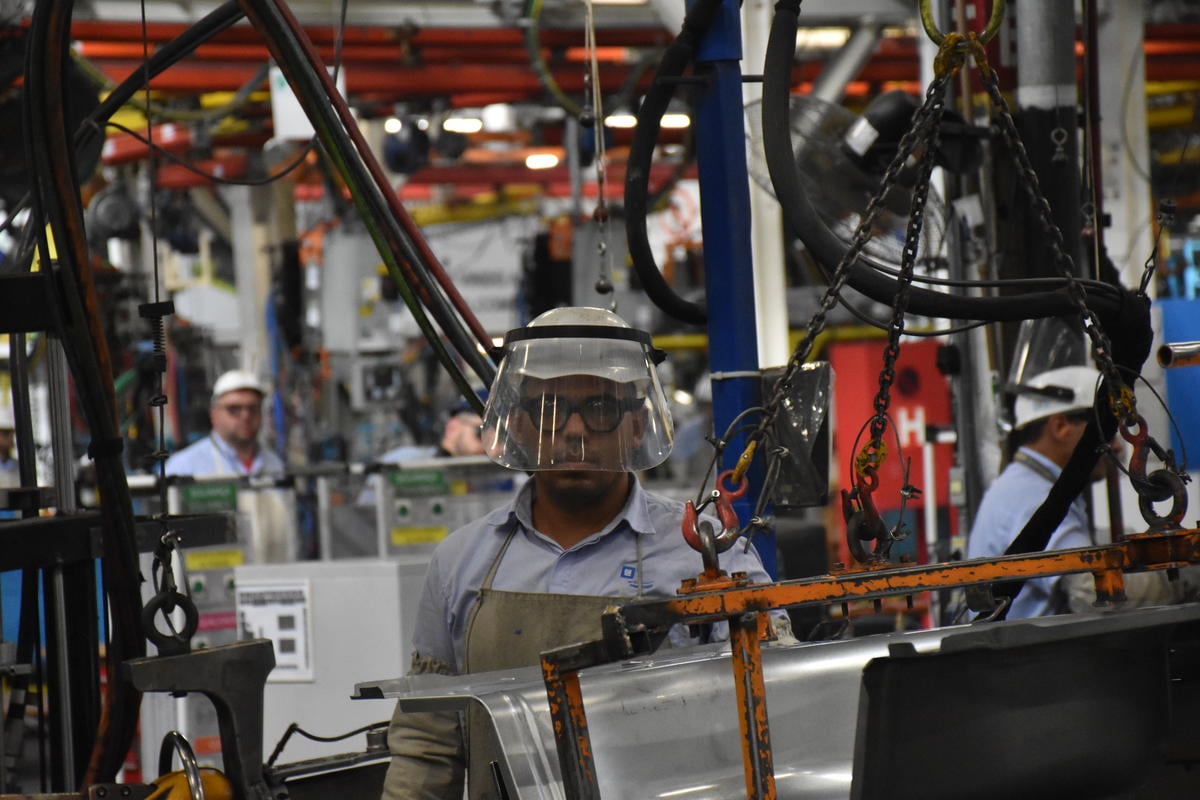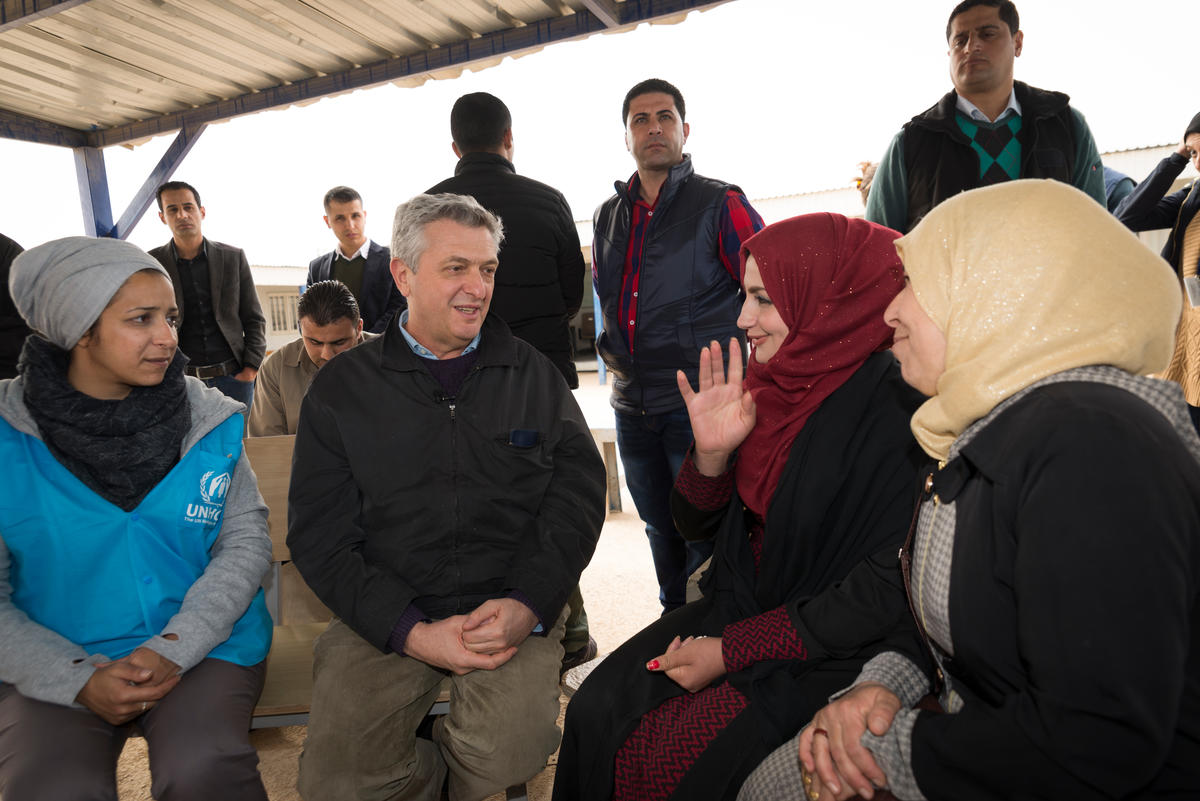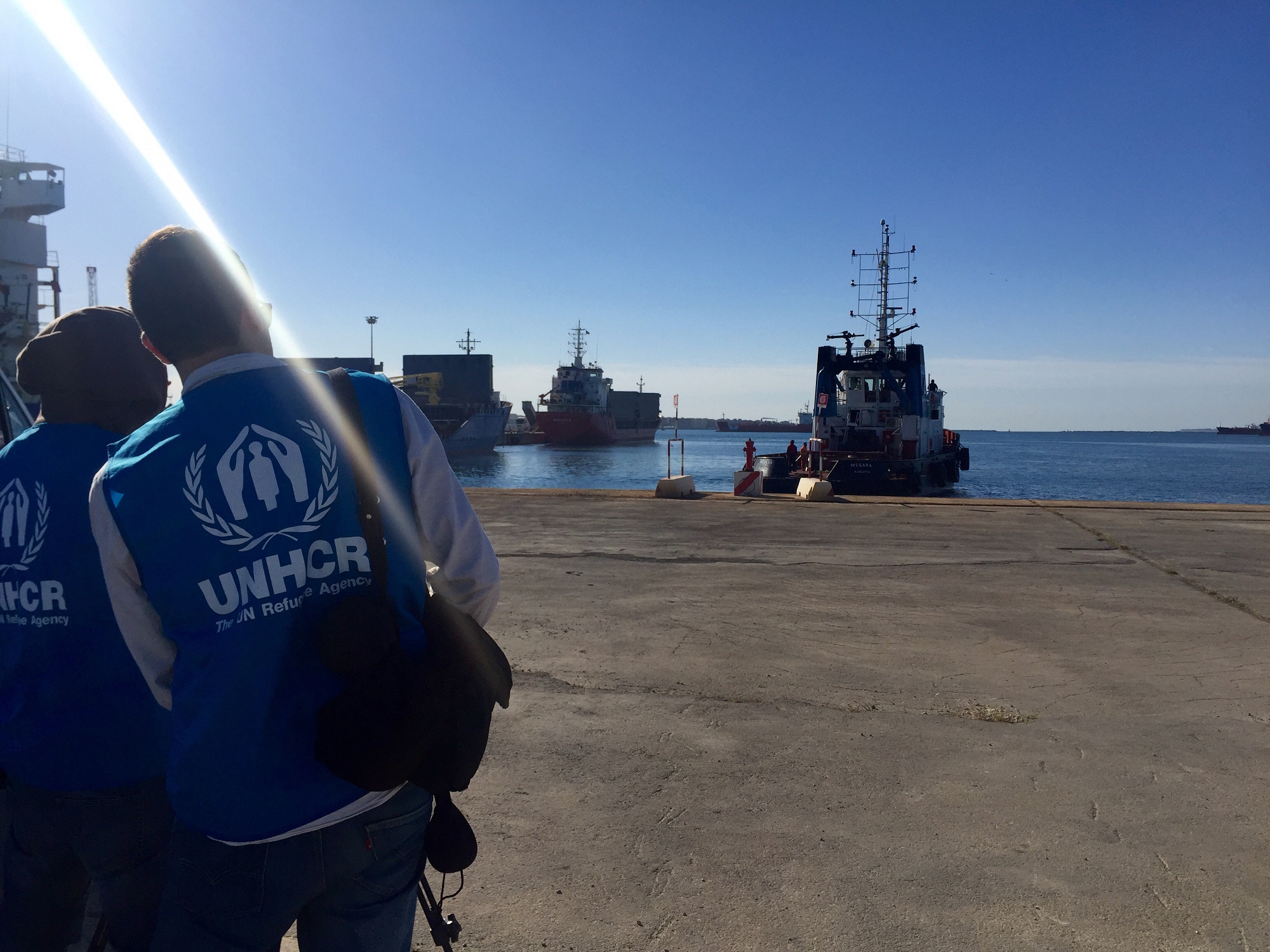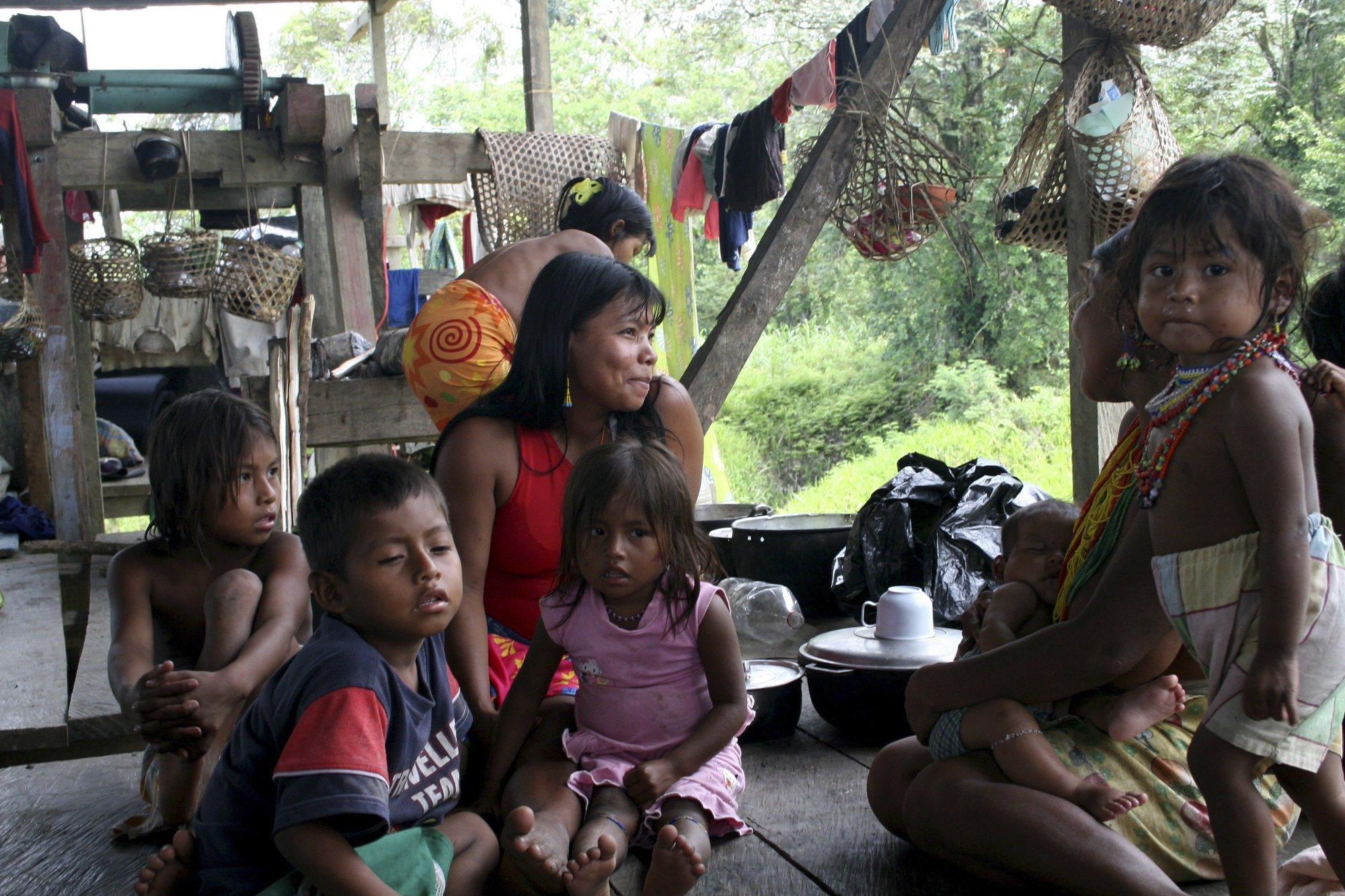High Commissioner welcomes Turkish work permits for Syrian refugees
High Commissioner welcomes Turkish work permits for Syrian refugees

ISTANBUL, Jan 17, 2016 - In a major shift of policy, the Turkish Government has published new regulations which will allow many of the 2.5 million Syrian refugees in the country to apply for work permits.
Registered Syrian refugees who have been in Turkey for at least six months will be allowed to apply in the province where they first registered. Syrians with permits would have to be paid at least the minimum wage. Now many refugees work illegally to make ends meet and are often paid very low wages.
The regulations will apply both to refugees living in cities and to the 10 per cent housed in Turkish refugee camps.
Filippo Grandi, the UN High Commissioner for Refugees, hailed the decision as courageous and a major step forward for refugees.
"Jobs mean dignity," he said, "a dignified life where you don't have to beg for money or to look for money from associations or the government. I think it is very big step."
Turkey currently hosts more refugees than any other nation in the world.
In his first official visit as High Commissioner, Grandi chose Turkey, where he spent much time listening to refugees. In Istanbul he visited a centre run by the Association for Solidarity with Asylum-Seekers and Migrants (ASAM), a Turkish NGO which helps refugees in the city with economic and psychological difficulties.
He listened as two women spoke of their husbands' difficult decision to leave to find work in Europe. Others told of the cruel necessity to send their children not to school but to factories to work illegally to help pay for food and rent.
"I heard stories that broke my heart," Grandi said. "These are real stories of women and children who have lost everything and don't know what their future is."
Their future may be somewhat brighter with the new right to work. The regulations also allow for self-employed workers to apply for permits. The number of Syrian refugees working in Turkish enterprises will be limited to 10 per cent of the workforce of any company.
In the Nizip refugee camps, in south-eastern Turkey near the Syrian border, exile for almost 16,000 people is a succession of long days and small tasks.
Ahmed and his father breed racing pigeons. It's a passion but also a way to make a little money, selling their birds to Turkish pigeon fanciers. Now Ahmed's father will be able to obtain a permit which would allow him to work for more than pocket money.
Not far away, in a container transformed by carpets and cushions into a cosy home, Fehmiye presides over a family of four generations. She is 85 and the oldest refugee in the camp. She says she is just thankful to be alive. Two years ago her family hid for two days in a bathroom in Homs as mortar shells rained down. Then they fled to Turkey.
But Fehmiye's granddaughters, Fehmiye and Fadia, both mothers of children, speak of frustration.
"Life here," Fadia said, "is eating, sleeping, waiting and no work."
Her husband left the camp, and then Turkey, in search of work. After making the dangerous and illegal Mediterranean crossing, he reached Germany four months ago.
The new regulations on work permits may help lessen that frustration among refugees.
Grandi, speaking after the regulations were announced, hinted strongly that other countries should follow Turkey's lead.
"I believe Turkey is an example of how refugees should be received," he said.
By Don Murray in Istanbul









